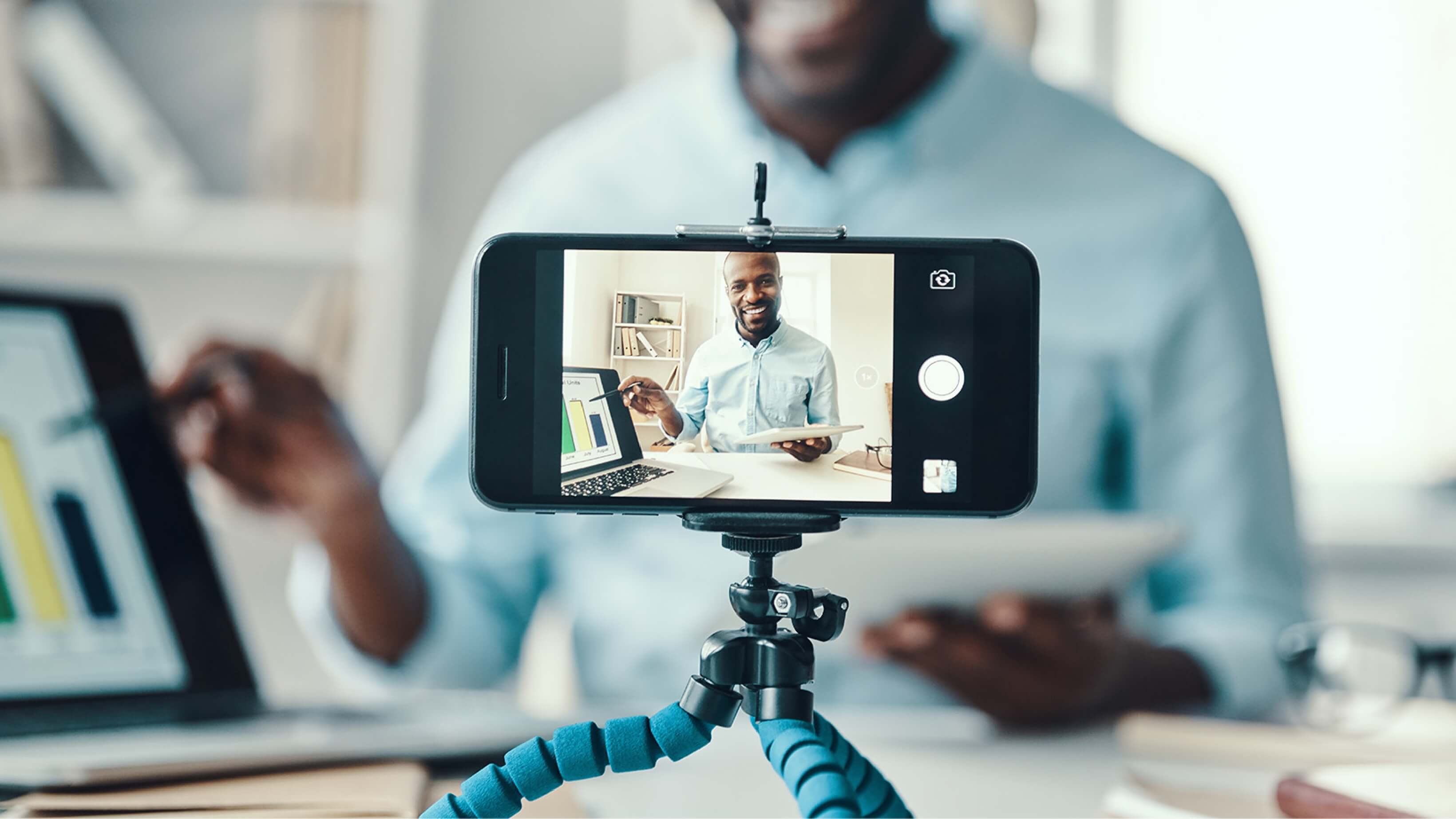What is a ‘legal influencer’?
Chamberlains director James d’Apice doesn’t like the term “influencer”. For him – like many others – the term conjures up “images of Byron Bay-based weight loss tea promoters and inexperienced business coaches photographed next to overpriced sports cars”.
In the context of the legal profession, an influencer can be, and is, so much more.
Executive Legal managing partner Jahan Kalantar said that he believes that the role of the legal influencer is to “put a human face to the mechanisms and modalities of law”.
It is, he said, to be “the interface between the general public who don’t really understand what a lawyer does and explaining how the courts do what they do is something which will only grow in significance”.
He himself does not consider himself an influencer, but rather as a legal educator.
“I think that the space is still so new that we don’t yet have the vocabulary to properly analyse the trends that are emerging. I think that personal branding plays an enormous role in explaining an individual and what value they can bring to a situation. It also provides a bridge between the world at large and the legal profession,” Mr Kalantar outlined.
There is noticeable growth, barrister Carolina Soto noted, in the number of legal influencers across the various social media platforms at present.
“I have connected with like-minded barristers, lawyers and law students across Australia, thanks to the emergence of legal influencers on LinkedIn and Instagram. Legal influencers that I have connected with nationally and internationally have like objectives of promoting equality before the law, access to the bar and the role women play in the law space,” she said.
“They are instrumental in sharing views, perspectives and events across the legal marketplace.”
What started in the health, fashion and lifestyle industries, Megaport senior legal counsel Melissa Scott mused, has evolved to now encompasses all industries to some degree, and it is “no surprise” that the legal industry is now finding its own crop of online influencers emerging, she said.









